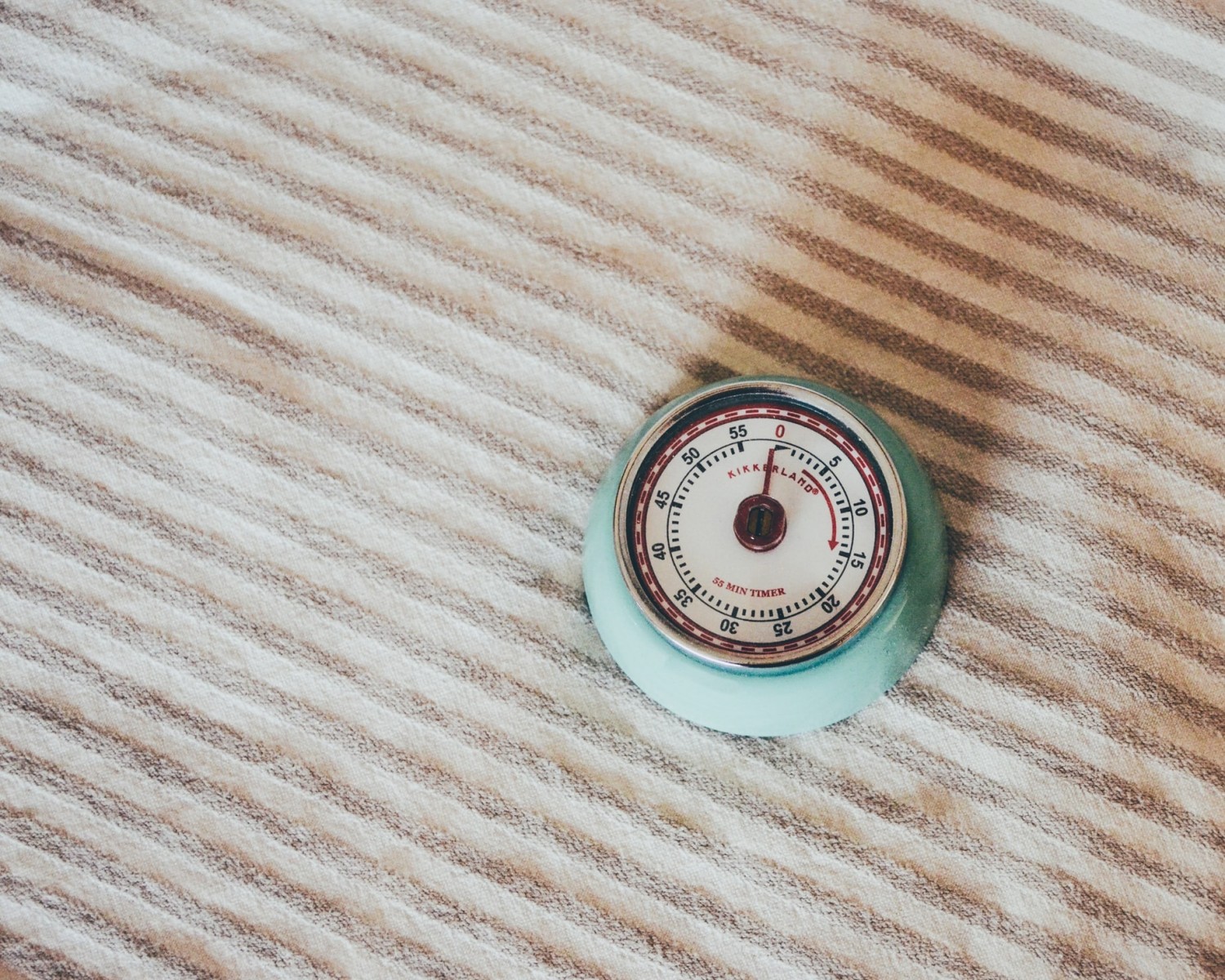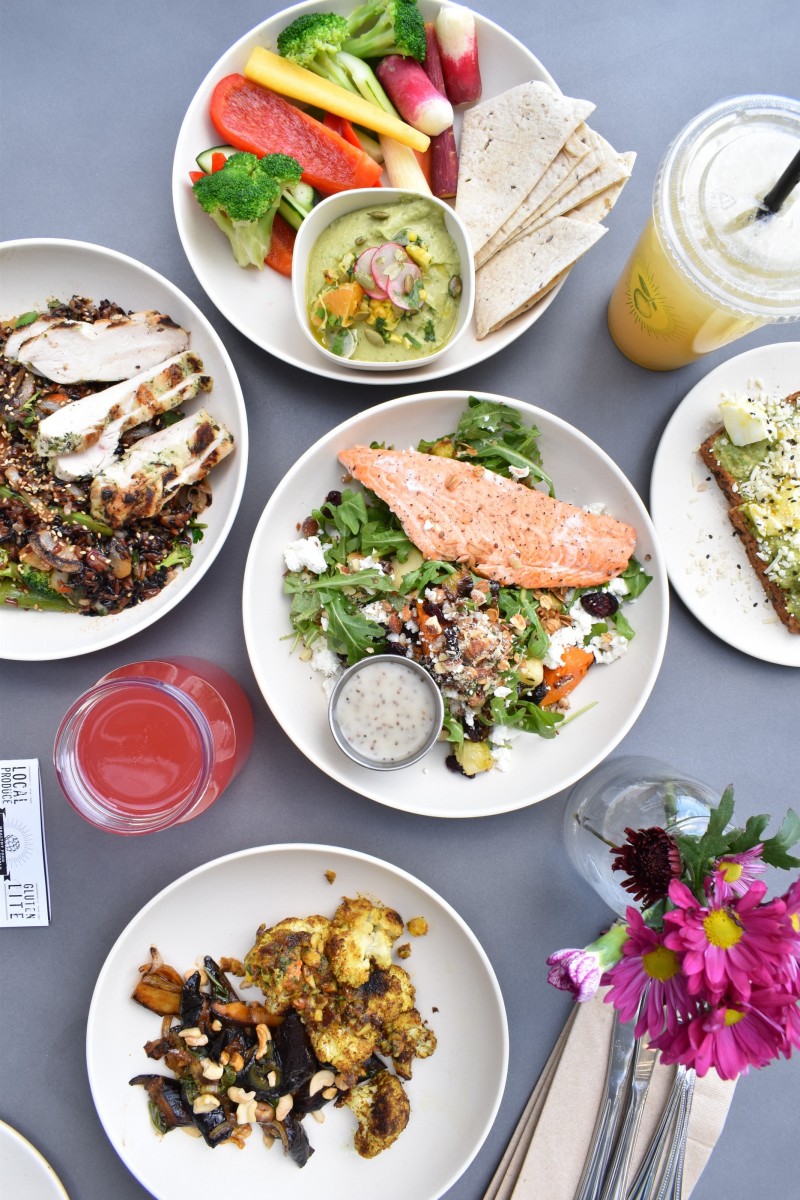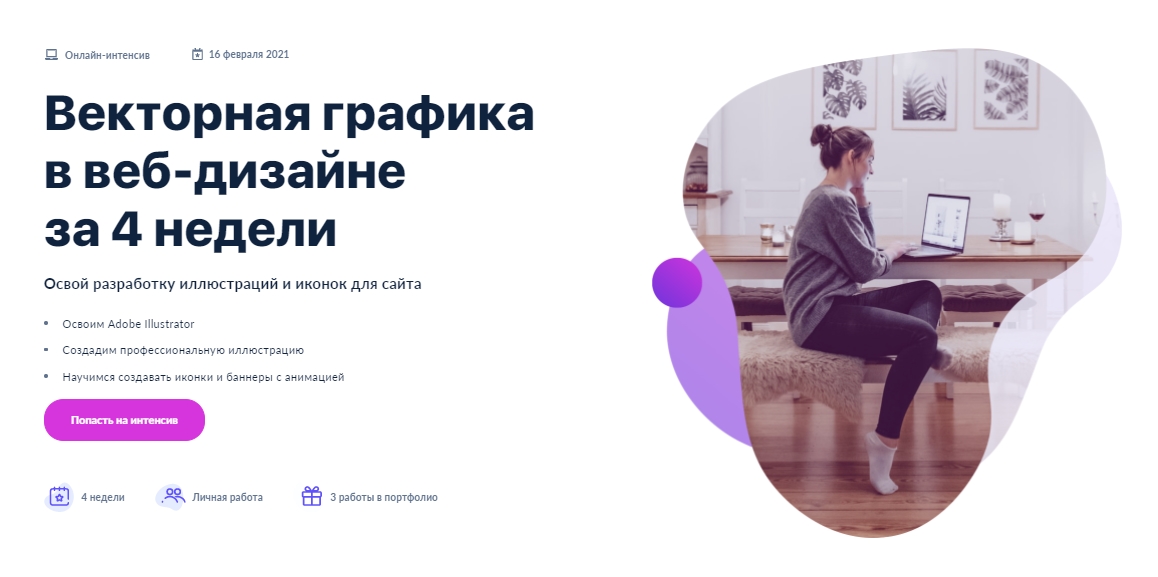We’d all love a magic brain pill like in the movies. Nootropics do exist, but they’re meant for people with serious cognitive issues and won’t help those who are simply exhausted. So far, there’s not even a forecast for a real “intelligence pill.” Elon Musk might sell cranial chips first — but that’s another story.
In short, don’t rely on supplements, extracts, or pills. Common over-the-counter products won’t do much, and real medication can be harmful if misused. So let’s stick to safer, more practical methods first.
1. Digital detox
There’s too much noise around us. Most likely, when taking breaks from work, you “relax” by scrolling social media, gaming, or watching shows. Technically, that activates other brain zones and feels like rest — but it’s just an illusion. Constant information overload actually increases stress.
Take breaks from the digital world. That means switching off all artificial info sources for a while. No background music, and definitely no TV. Start with one hour per day of digital silence. Experts also recommend turning everything off 1–2 hours before bed. Try going completely offline for a day on weekends.

2. Time management
Managing your time is essential for freelancers. Don’t just plan your tasks — plan them with your energy levels in mind.
To activate the brain, try the popular “Pomodoro” method created by Francesco Cirillo. It’s simple: focus on one task for 25 minutes, take a 3–5 minute break, then repeat. After every hour, take a longer 10–20 minute break. You can use a kitchen timer or an app. It builds focus, discipline, and teaches your brain to “switch on” quickly.

3. Get inspired
There are many professional sites where you can find references, train your visual taste, and get inspired. Browsing them regularly makes you want to try something new in your projects. Here’s a useful link: “15 Sites to Inspire Web Designers”.
But don’t forget other sources of inspiration — the best ideas often come from outside your field. Notice interesting patterns in daily life and apply them to your work.

4. Quality sleep
The idea of “normal” sleep varies, and freelancers often have messy schedules. But here are a few universal tips for better rest:

5. Start mornings with something nice
If that difficult project’s been hanging over you for days, mornings can feel tough. You wake up dreading another day of it. Change your routine — wake up an hour earlier and spend that time doing something enjoyable. It helps distract your mind and gives the day a positive start.

6. Improve your diet
Diet is a weak point for many creatives and IT folks. Breakfast at 3 p.m. with canned corn again? The brain needs enough protein and healthy fats. It’s one of the most energy-demanding organs. Omega-3 fatty acids are crucial for mental function — eat more fatty fish, even canned. It boosts thinking, lowers stress, and helps prevent depression. Eat regularly, enough, and with balance.

7. Learn new things
Like muscles, your brain needs training. You might think you’re just memorizing poker combos — but you’re actually improving brain flexibility. Learning something new boosts creativity and reduces the risk of Alzheimer’s. Language learning and playing musical instruments are especially effective.
Ukulele might just be a fun prop, but English or Chinese will definitely help your career. And don’t forget to keep up with trends in your own field — it’s mental training too. Watch our free workshops! Like this one: “How Web Designers Can Earn More: Tactics, Tips, and Tricks”.

8. Physical activity
If possible, stay active regularly. At the very least — take active breaks and do five-minute stretches instead of scrolling. Physical activity is crucial. It directly impacts your productivity, brain function, and helps prevent depression.

9. Plan and write things down
Planning is a great habit. Writing down your to-do list for the next day helps your brain relax — it no longer needs to store the schedule. It sounds like a small thing, but research proves its benefits. Crossing off tasks also boosts motivation.
And once you start writing plans, you’ll likely start jotting down ideas too.

10. Challenge yourself
Try one new challenge or habit every month. Use a tracker and mark your progress. Go 21 days without sugar, wake up two hours earlier for a week, start a reading challenge, try new recipes, make marker drawings, or take creative photos.
The key rule — don’t overdo it. Don’t set unrealistic goals either — start small. It will energize your brain and body, give you new experiences, and expand your comfort zone.
Here’s a challenge idea: take our online intensive course “Vector Graphics in Web Design in 4 Weeks”.

